Iran has no more frozen funds in any country, can use its assets: FM Amir-Abdollahian
Iranian Foreign Minister Hossein Amir-Abdollahian says Tehran has no more funds blocked in any country due to the US sanctions and can now utilize its own assets.
Amir-Abdollahian made the remarks while speaking to reporters in Tehran on Monday after Iran and the United States reached a deal regarding the unblocking of some $6 billion worth of Iran's funds illegally blocked in South Korea under the pretext of US sanctions.
South Korean media reported on August 21 that the Iranian funds were transferred from South Korea to Switzerland’s central bank last week to be sent to Iran.
Pointing to the export of Iranian gas and electricity to Iraq, Amir-Abdollahian said the revenues earned from such sales would be deposited to the TBI (Trade Bank of Iraq), following which the Central Bank of Iran would use that money to buy the country's required goods.
He added that the Iranian administration, since taking office some two years ago, has carried out serious measures to release the country's blocked assets.
"Last year, we collected 390 million pounds of Britain's debt which were related to the period before the victory of the Islamic Revolution [in 1979]," the top Iranian diplomat said.
Iran used the released funds in a "legal and dignified" way for the purposes it preferred, he added, dismissing the oil-for-food claims about the assets.
Britain had delayed the payment for many years citing problems faced because of foreign sanctions against Iran. However, Tehran has insisted the debt should be settled regardless of issues that exist between Iran and the West.
The money was owed to Iran over an upfront payment made by the former Shah of Iran to Britain to buy 1,750 Chieftain tanks and other military vehicles.
Iran's BRICS membership can boost international economic power
Elsewhere in the presser, Amir-Abdollahian said Iran’s membership in the BRICS group of emerging economies can enhance international economic power and cooperation in a system based on multilateralism.
The top diplomat said the five main members of the BRICS have confirmed that from among the 40 countries applying to join the bloc, Iran has the necessary capabilities and qualifications to become a new member.
He added that Iran's admission to BRICS was accepted despite the existence of sanctions against the country.
The Iranian foreign minister hailed the "very important" role of the BRICS leaders in Iran's joining the group and said President Ebrahim Raeisi had consulted with all the leaders of the bloc, namely Brazil, Russia, India, China, and South Africa, in this regard.
He emphasized that the Iranian diplomatic apparatus also used its utmost capacities, noting that an active diplomacy finally led to the country's official membership.
Addressing the 15th BRICS Summit in Johannesburg on Thursday, South African President Cyril Ramaphosa announced that the member states agreed to admit Iran, Argentina, Egypt, Ethiopia, the United Arab Emirates and Saudi Arabia as new members from January 1, 2024.
BRICS has gained a special place in Iran’s foreign policy due to its increasing importance in the international political economy and geopolitical developments.
Israeli claims of ceasefire violations meant to 'justify massacres' in Gaza: Hamas
Iran says framework for talks with US taking shape
US government partially shuts down as ICE killings spark funding standoff
VIDEO | Trump may have sent an 'armada', but Iran has options
VIDEO | Resisting through music: When art defends Palestinian identity
VIDEO | Press TV's news headlines
VIDEO | 'Classic regime change in Iran'
IRGC is on frontline against US, Israeli terrorism: Intelligence Ministry


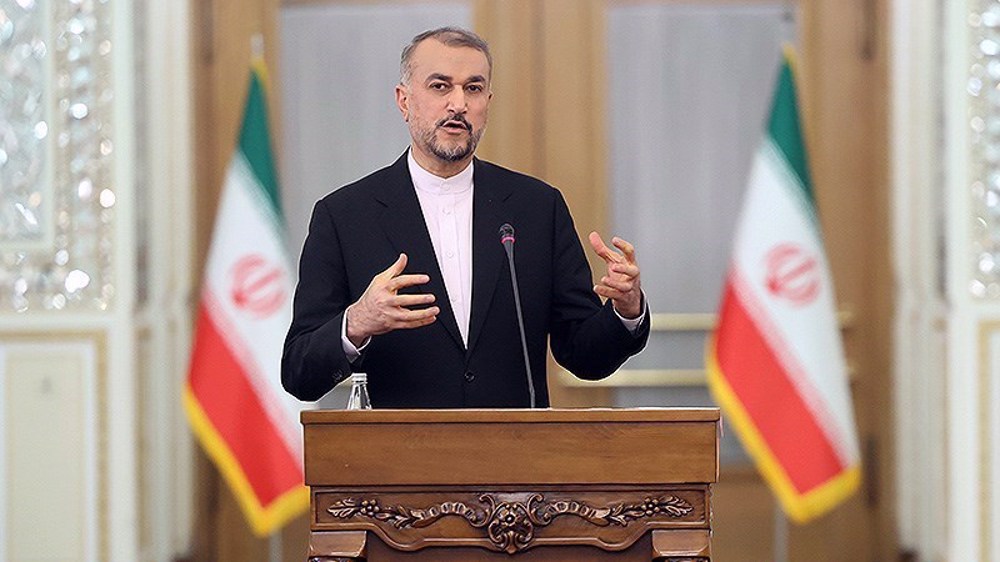
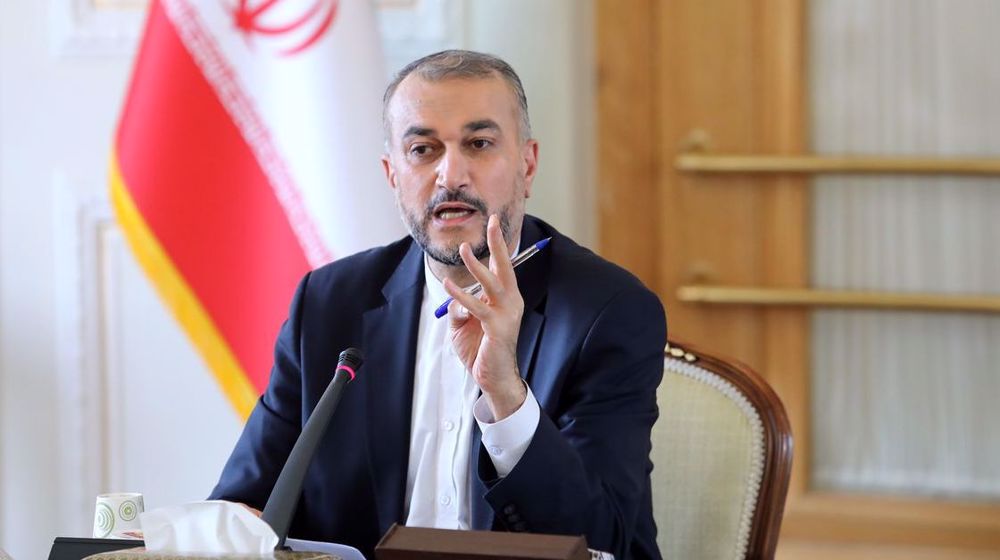
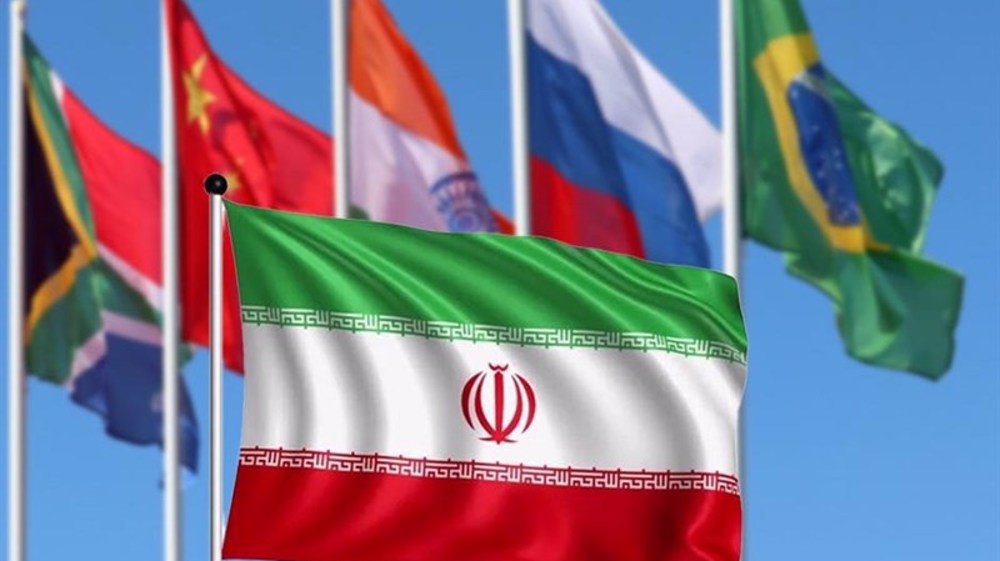
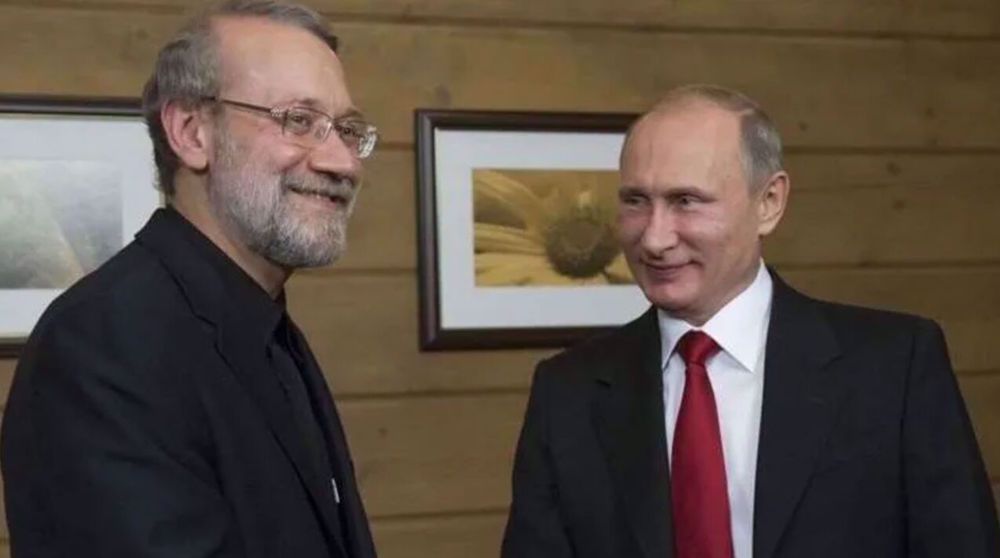
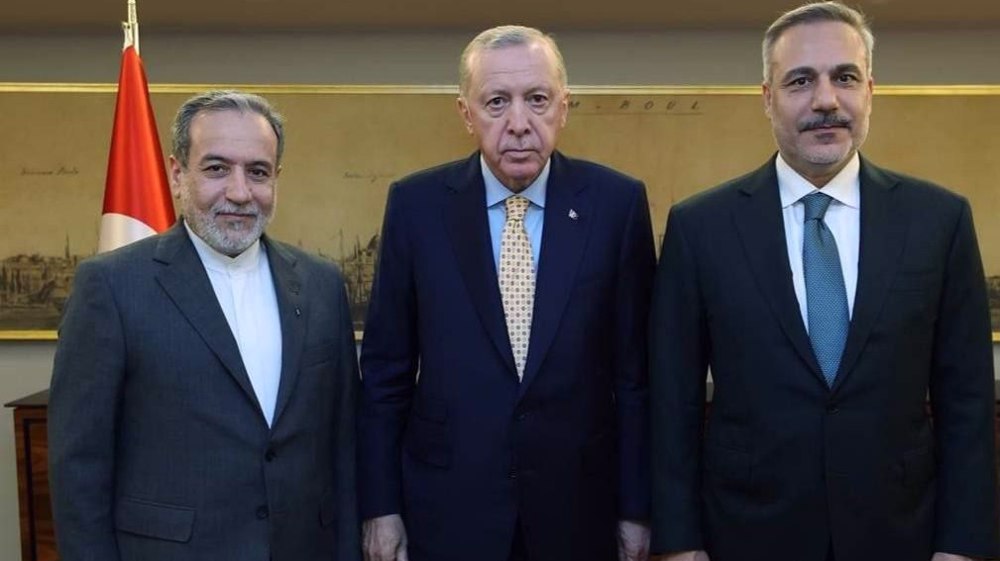
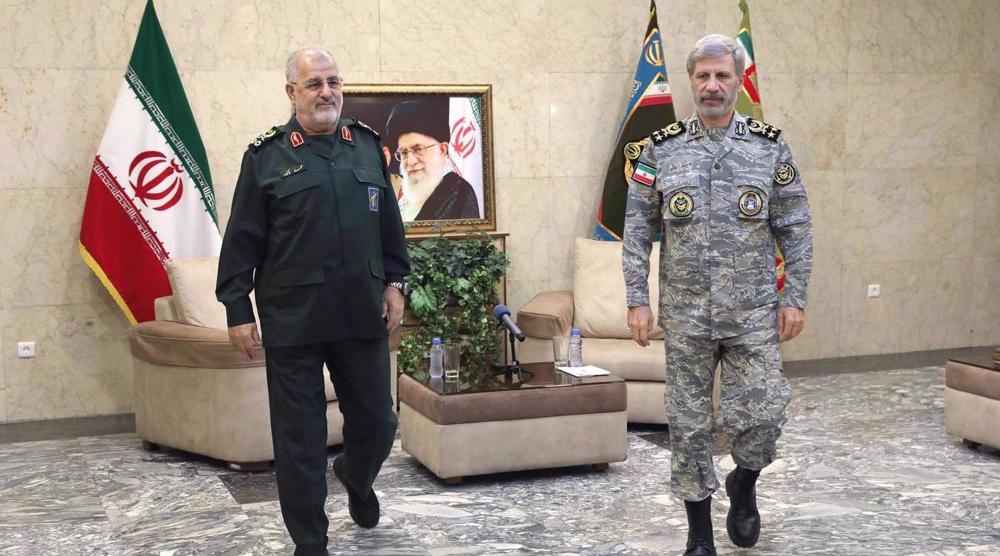




 This makes it easy to access the Press TV website
This makes it easy to access the Press TV website